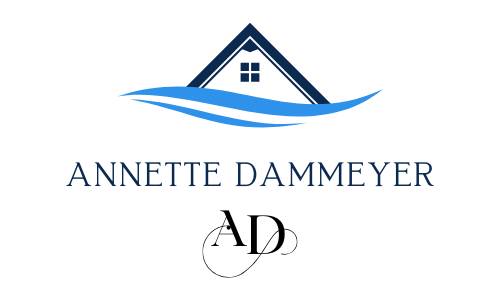4-Point Inspection for Residential Homes
In Florida, a four-point inspection is a specialized assessment of four key systems in a residential property: the roof, electrical system, plumbing system, and HVAC (heating, ventilation, and air conditioning) system. This inspection is often required by insurance companies for homeowners seeking or renewing insurance policies, particularly for older homes.
Here’s why each component is assessed:
- Roof: The inspector evaluates the age, condition, and integrity of the roof covering material (such as shingles or tiles), signs of damage, and any areas of concern like leaks or missing shingles. Roofs are crucial for protecting the home from weather elements, and their condition affects insurance risk.
- Electrical System: This part of the inspection focuses on the electrical wiring, panel, and fixtures. The inspector looks for outdated wiring, overloaded circuits, faulty connections, and potential fire hazards. Ensuring the electrical system is up to code and safe reduces the risk of fire, which is a significant concern for insurance companies.
- Plumbing System: The plumbing inspection assesses the condition of pipes, fixtures, and water heaters. The inspector checks for leaks, corrosion, water pressure issues, and signs of water damage. A properly functioning plumbing system is essential for preventing water damage and maintaining the integrity of the home’s structure.
- HVAC System: The inspection of the heating, ventilation, and air conditioning system involves checking for proper installation, age, condition, and efficiency. Inspectors look for signs of wear and tear, malfunctioning components, and potential safety hazards. A well-maintained HVAC system ensures comfort and safety for occupants and reduces the risk of damage or accidents.
The importance of a four-point inspection for home insurance lies in risk assessment. Insurance companies need to understand the condition of these critical systems to determine the level of risk associated with insuring the property. Older homes, in particular, may have outdated or deteriorating systems, which could pose higher risks for insurance providers.
By requiring a four-point inspection, insurance companies can:
- Assess Risk: Inspectors provide detailed information about the condition of the home’s key systems, allowing insurance companies to assess the level of risk accurately.
- Prevent Claims: Identifying potential issues before they become major problems helps prevent costly insurance claims. For instance, discovering a leaky roof or faulty wiring early on allows homeowners to address these issues proactively, reducing the likelihood of future damage.
- Determine Premiums: The results of the inspection can influence insurance premiums. Homes with well-maintained systems may qualify for lower premiums, while those with significant issues may face higher costs or require repairs before coverage can be approved.
In summary, a four-point inspection in Florida is a vital tool for insurance underwriting, providing insurers with essential information about the condition of a home’s roof, electrical, plumbing, and HVAC systems. By identifying potential risks and ensuring the property meets safety standards, insurers can offer appropriate coverage and premiums while helping homeowners maintain a safe and secure living environment.
All 4-Point Inspection Forms must be completed and signed by a verifiable Florida-licensed inspector.
Contact me today for any real estate assistance you may need, including resources and referrals for home inspections. I am here to help!
Let’s start working together!
CONTACT ANNETTE
Annette Dammeyer, REALTOR®, ABR®, AHWD®
Coldwell Banker Realty
901 E Las Olas Blvd STE 101, Fort Lauderdale, FL 33301
808.747.3686
SL 3535792


 Facebook
Facebook
 X
X
 Pinterest
Pinterest
 Copy Link
Copy Link



